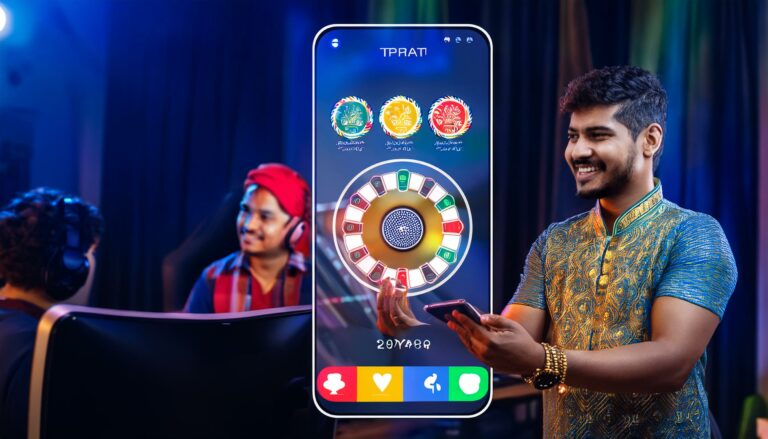Managing Player Psychology and Motivation
King567, Tigerexch: Player behavior in the context of gaming and interactive environments is a multifaceted aspect that requires careful observation and interpretation. Understanding the intricacies behind why players behave in a certain way can provide valuable insights into their motivations and preferences. By delving into the psychological underpinnings of player behavior, game developers and researchers can tailor experiences that resonate with players on a deeper level.
From exploring how players respond to challenges and rewards to analyzing their social interactions within gaming communities, there is much to uncover regarding the intricacies of player behavior. Factors such as personality traits, past experiences, and cultural backgrounds all play a role in shaping how individuals engage with games and digital environments. By deciphering the underlying motives driving player behavior, designers can create games that are not only entertaining but also meaningful and impactful.
Recognizing Motivational Factors
Motivation plays a crucial role in shaping player behavior and engagement in any context. By identifying the key motivational factors that drive individuals, educators and facilitators can tailor their approach to better support and empower players. Understanding what motivates players can help create a more conducive environment for learning and growth, ultimately leading to enhanced overall experiences.
One common motivational factor among players is a sense of achievement and progress. Recognizing and celebrating small victories can boost players’ confidence and motivation to continue working towards their goals. Providing opportunities for players to set and achieve meaningful milestones can fuel their intrinsic motivation and sense of accomplishment, fostering a positive and rewarding gameplay experience.
• Setting and achieving meaningful milestones can fuel intrinsic motivation
• Celebrating small victories boosts confidence and motivation
• Sense of achievement and progress is a common motivational factor among players
Building Trust and Rapport
Establishing trust and rapport with players is essential for creating a positive and productive environment in any setting. By fostering open communication and active listening, coaches can show players that their opinions and perspectives are valued. This can help build a strong foundation of trust that allows for constructive feedback and meaningful dialogue, ultimately enhancing the overall player-coach relationship.
Furthermore, demonstrating consistency and reliability in interactions with players can go a long way in building trust and rapport. When coaches follow through on promises, show up prepared and on time, and consistently uphold their values and principles, players are more likely to feel secure and respected. This consistency in behavior helps to establish a sense of dependability and credibility, which are key components in developing strong connections and fostering a positive team dynamic.
How can understanding player behavior help in building trust and rapport?
By understanding player behavior, game masters can anticipate player reactions and tailor their approach to build a stronger connection with the players.
What are some common motivational factors that game masters should recognize?
Some common motivational factors include a sense of achievement, social interaction, exploration, and immersion in the game world.
How can game masters build trust and rapport with their players?
Game masters can build trust and rapport by being transparent, listening to player feedback, being consistent in their decisions, and showing respect towards the players.







